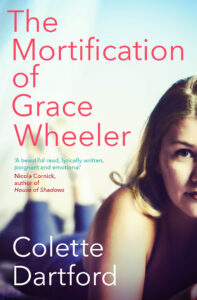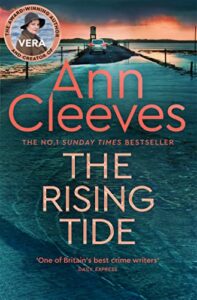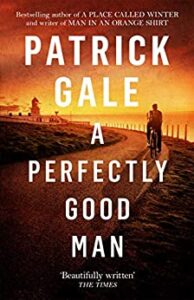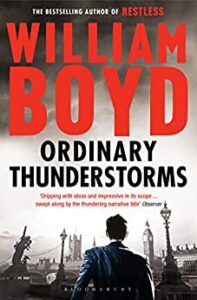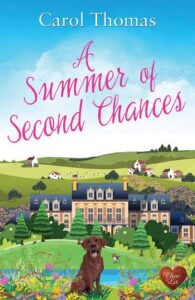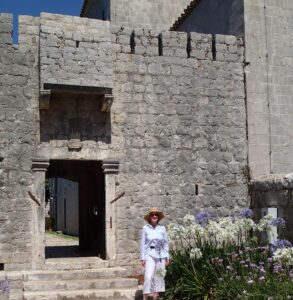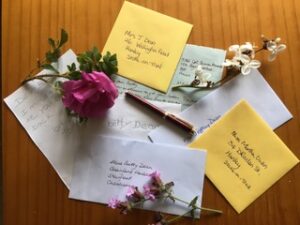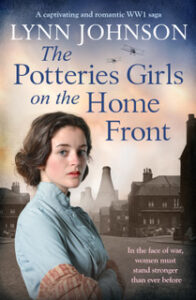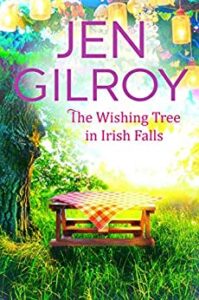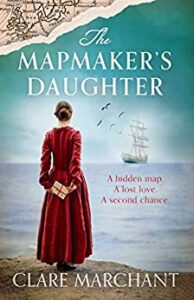 Inspiration for me often begins with the setting and I knew I had found my characters’ home when I visited this gorgeous house and garden in Cumbria. Soon I could envision Ella and Max here and picture their story unfolding around me. The scene I’ve chosen to share is set on a Sunday evening when Ella is feeling tense and alone in the house on her first weekend at Halesmere. Active by nature, she heads out into the frosty night for a walk in the grounds to settle herself before bed:
Inspiration for me often begins with the setting and I knew I had found my characters’ home when I visited this gorgeous house and garden in Cumbria. Soon I could envision Ella and Max here and picture their story unfolding around me. The scene I’ve chosen to share is set on a Sunday evening when Ella is feeling tense and alone in the house on her first weekend at Halesmere. Active by nature, she heads out into the frosty night for a walk in the grounds to settle herself before bed:
Not a thing seemed to be stirring when Ella reached the empty lane; she felt like the only person awake and watching the world at this hour. She really ought to go back to bed; midnight would soon be past, and she couldn’t spend the night marching up and down the drive.
She heard Prim before she saw her as she neared the house. She saw the dog freeze, then her tail shot up and Prim barked once, cautiously, then let out a volley of noise that had Max running after her.
‘Prim, shut up, there’s nothing there,’ he hissed. ‘Be quiet, you’ll wake the kids up.’
 Ella had been looking for a tree or convenient spot where she might hide, but it was too late. Prim had found her and immediately swapped the barking for a madly wagging tail and a desperate wish to put her paws on Ella’s shoulders.
Ella had been looking for a tree or convenient spot where she might hide, but it was too late. Prim had found her and immediately swapped the barking for a madly wagging tail and a desperate wish to put her paws on Ella’s shoulders.
‘Who’s there?’ Max called sharply.
‘It’s me.’ She stepped forward, offering a quick smile she wasn’t sure Max would see through the dark. ‘Sorry, I didn’t mean to set Prim off like that.’
‘Ella! You had me worried for a minute, Prim’s never barked like that before.’
‘Just doing her job, aren’t you, girl.’ Ella stroked the dog leaning against her legs.
‘I suppose.’ Max was wearing a T shirt over lounging trousers, and he shivered. ‘It’s pretty late to be out for a stroll. Couldn’t sleep?’
‘No,’ she admitted. ‘Walking usually helps.’
‘I work rather than walk when I can’t sleep.’ He wrapped his arms across his body. ‘Not so easy for me to leave the house.’
‘Of course.’ She thought of his children, cosy in their beds. ‘But doesn’t working too many hours late at night just make you more tired?’
‘Yeah.’ She saw the gleam of his smile. ‘But I’ve got two excellent alarm clocks who like crashing on my head first thing, so there’s not much danger of me sleeping in.’
A gorgeous new image jumped into Ella’s mind, one featuring Max being woken with cuddles and love every morning by Lily and Arlo tumbling over him. ‘You’re not still working?’
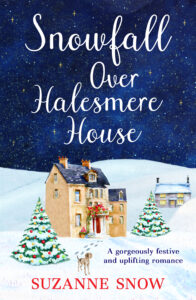 ‘Just finished. I let Prim out last thing before I head up.’ Max stamped his feet, blew out a breath. ‘It’s freezing. You don’t fancy a hot drink, do you?’
‘Just finished. I let Prim out last thing before I head up.’ Max stamped his feet, blew out a breath. ‘It’s freezing. You don’t fancy a hot drink, do you?’
Not wise, Ella, she told herself. Not wise at all. But exactly what she wanted and quite possibly just what she needed. ‘I’d love one. Maybe not coffee though.’
‘No problem. I do a mean hot chocolate, and I could throw in a shot of brandy to warm us up.’
‘Perfect.’ It was, and Prim seemed delighted to be escorting Ella safely into the cottage instead of seeing her back to the silent house.
I loved writing this scene as it marks a change in Ella and Max’s relationship as they begin to understand one another and the circumstances which have led them to Halesmere House in search of new beginnings.
Sign up to Suzanne’s newsletter here: https://bit.ly/DownloadOpeningChapter





